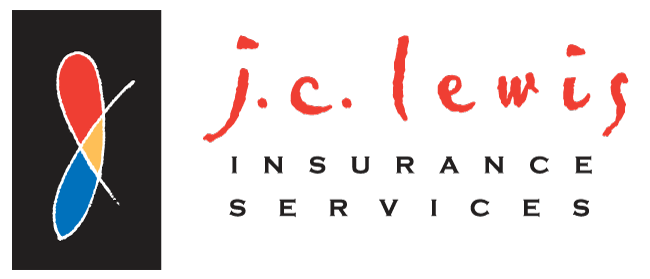If you’re a small business owner and you’ve been looking at small group health insurance options, you already know that deciding can be challenging.
There are at least half a dozen plan types to consider, several insurance providers that offer small group coverage, and several features that employees may want. While it is certainly possible for a small business owner to choose and purchase small group health coverage directly from an insurance company, that is not always recommended.
Because of the relative complexity of health insurance plans, and the often confusing or overwhelming options that are available, having the advice and guidance of a trusted broker can be a better route.
WHAT YOU WANT TO KNOW BEFORE BUYING
There are dozens of questions and considerations to juggle along with weighing costs for both you and your employees.
The main things you want to know before making a decision to purchase a particular health plan are:
Understanding what your employees want and need most in a plan
If you haven’t done this yet, it can be a good idea to formally or informally survey your employees to help determine what their particular needs and desires are with health care.
As one company points out,
“Employees’ preference for things like deductibles or copay levels can be influenced by their age, family size, and financial situation. Also consider the doctors and hospitals they want in their network, and gauge interest in offerings like prescription drug plans or wellness programs.”
The other costs beyond the premium when comparing plans
A common mistake many individuals make when choosing a health plan is to simply go with a plan that has the lowest or more “affordable” monthly premium. Unfortunately, those plans may come with much higher co-payment and deductibles, making them less affordable than expected.
As an employer looking to offer small group, health insurance needs to consider all the costs involved in addition to premiums. These include copayments, deductibles, and coinsurance, all of which work together in determining the overall cost of a plan.
In other words, both employers and their employees should understand that, unlike lower premiums, a higher premium can generally mean a lower deductible, and even the amount an employee must pay toward medical costs before the insurance begins to pay.
Additionally, co-payments for office visits, if particularly high, can add up to become a financial burden of their for employees who see their doctors frequently.
Adding vision and dental benefits can provide more choice without more cost
As we’ve noted in other articles here, many surveys and workplace research has shown that when employees have health benefits they value, they are happier and more satisfied. And this often includes having dental and vision coverage in conjunction with health insurance.
In fact, by offering dental and vision coverage employers can add choices to the benefits table without a corresponding increase in their expenses. This is possible since instead of your employees paying the full cost of those additional benefits themselves, they can take advantage of group rates for the benefits when offered through their employer.
HOW TO SHOP FOR SMALL GROUP HEALTH INSURANCE PLANS
As we noted earlier, employers can purchase small group health insurance directly from providers licensed to sell insurance in their state.
However, it is important to know what the main types of health insurance that small businesses can choose from: PPO plans, HMO plans, and HSA-qualified plans and indemnity plans.
PPO (preferred provider organization) plans
PPO plans are the most common type of health insurance plan. Employees can choose either in-network or out-of-network doctors or hospitals but using preferred providers (in-network) means the insurance company covering a larger percentage of the costs.
HMO (health maintenance organization) plans
HMO plans offer a range of healthcare services through a network of providers that are exclusively contracted with the HMO or that agree to provide services to members. Employees generally must select a primary care physician who will provide the majority of their care (except for emergency care) and referrals are required to see a specialist.
HSA-qualified plans
HSA-qualified plans are PPO plans designed specifically to be used with health savings accounts (HSAs), which are essentially bank account that allows participants to save pretax money specifically to be used for future medical expenses. To be eligible for an HSA, participants must have a high deductible health plan (HDHP).
There are three essentially three approaches for purchasing small group health insurance coverage:
- From a private insurance company
- Through the Small Business Health Options Program (SHOP)
- Work with an insurance company or licensed agent or broker
If you are an employer working to understand the multitude of regulations and requirements of group coverage, or simply want to know what the best health plans for you and your employees are, having a firm like J.C. Lewis Insurance Services to help you through the process is not only a smart move, but can be beneficial now and in the future.
YOUR SMALL GROUP HEALTH COVERAGE EXPERTS
J.C. Lewis Insurance has been a local, family-owned firm based in Sonoma County since 1979, and our expert brokers offer small business insurance plans.
In addition, our firm only provides small business health insurance plans from the leading health insurance carriers that are licensed to do business in California.
In addition to being experienced, professional brokers, we are licensed and certified by each of these insurance carriers to offer coverage to small group employers in addition to Medicare supplemental and prescription drug plans for seniors.
When you’re thinking of purchasing health insurance for your employees, or for you and your family, or vision and dental coverage, you probably have several questions and concerns.
We welcome your questions about insurance coverage at J.C. Lewis Insurance Services, and you can be confident that we will help you find the right solution.



